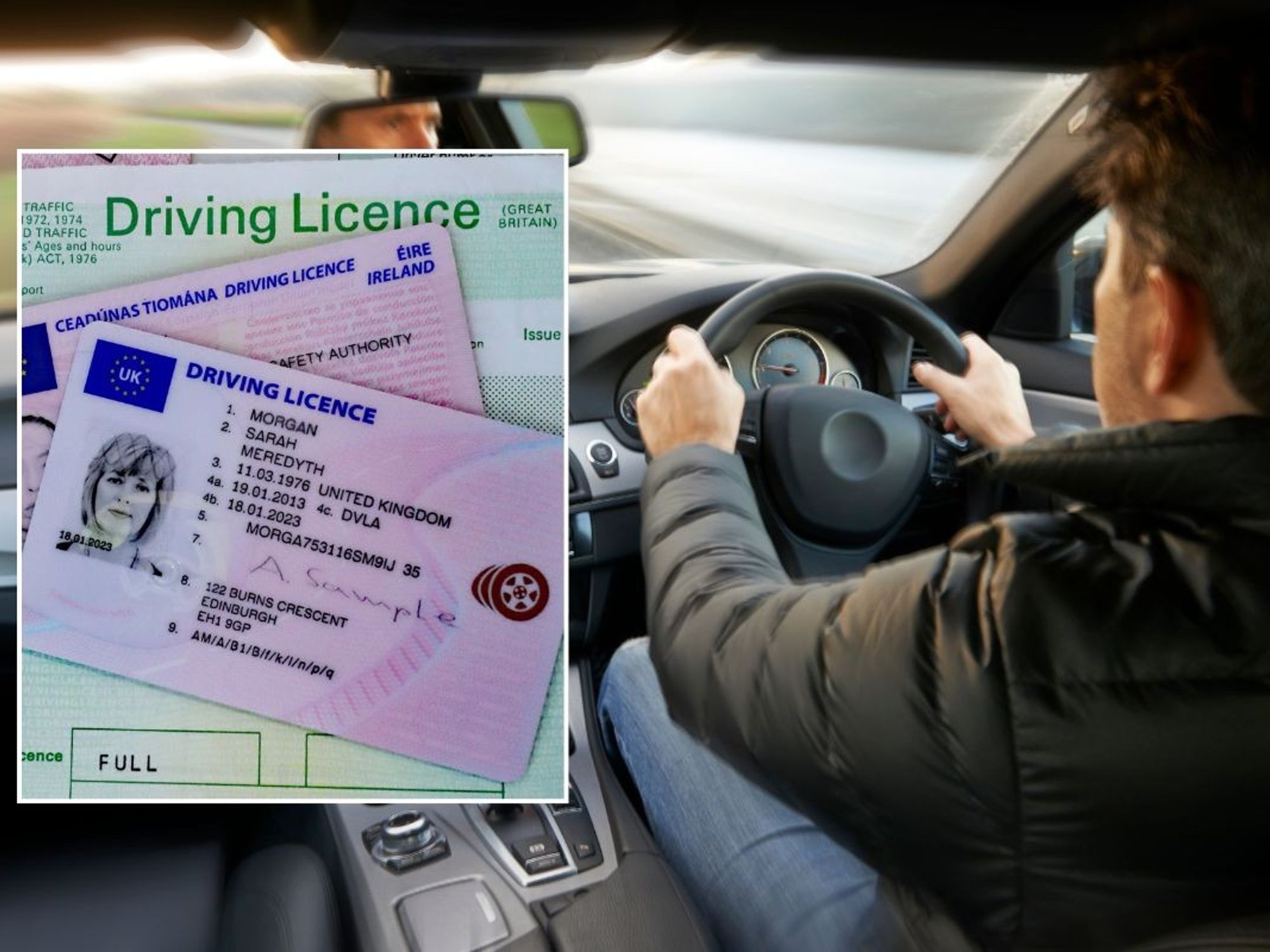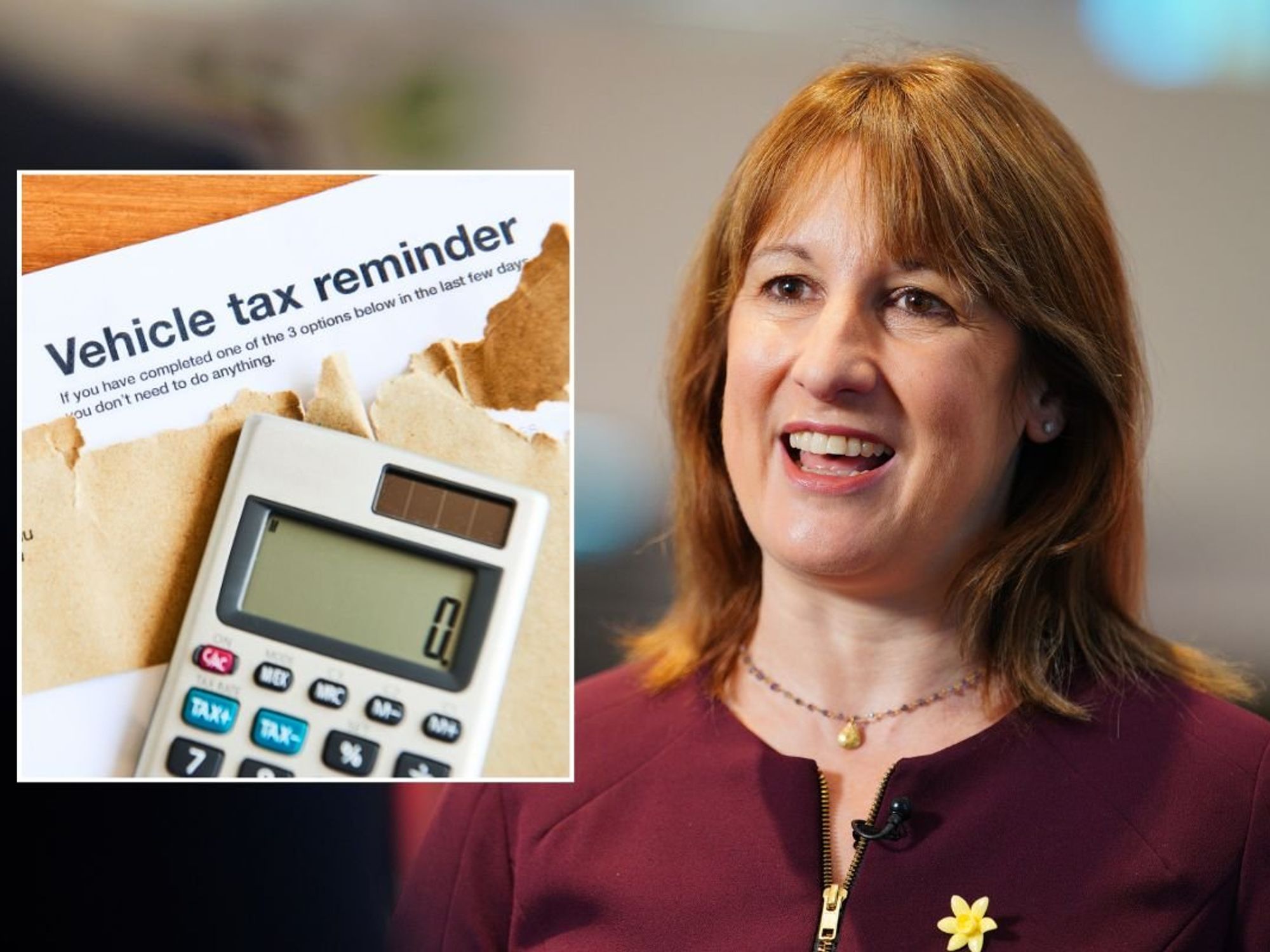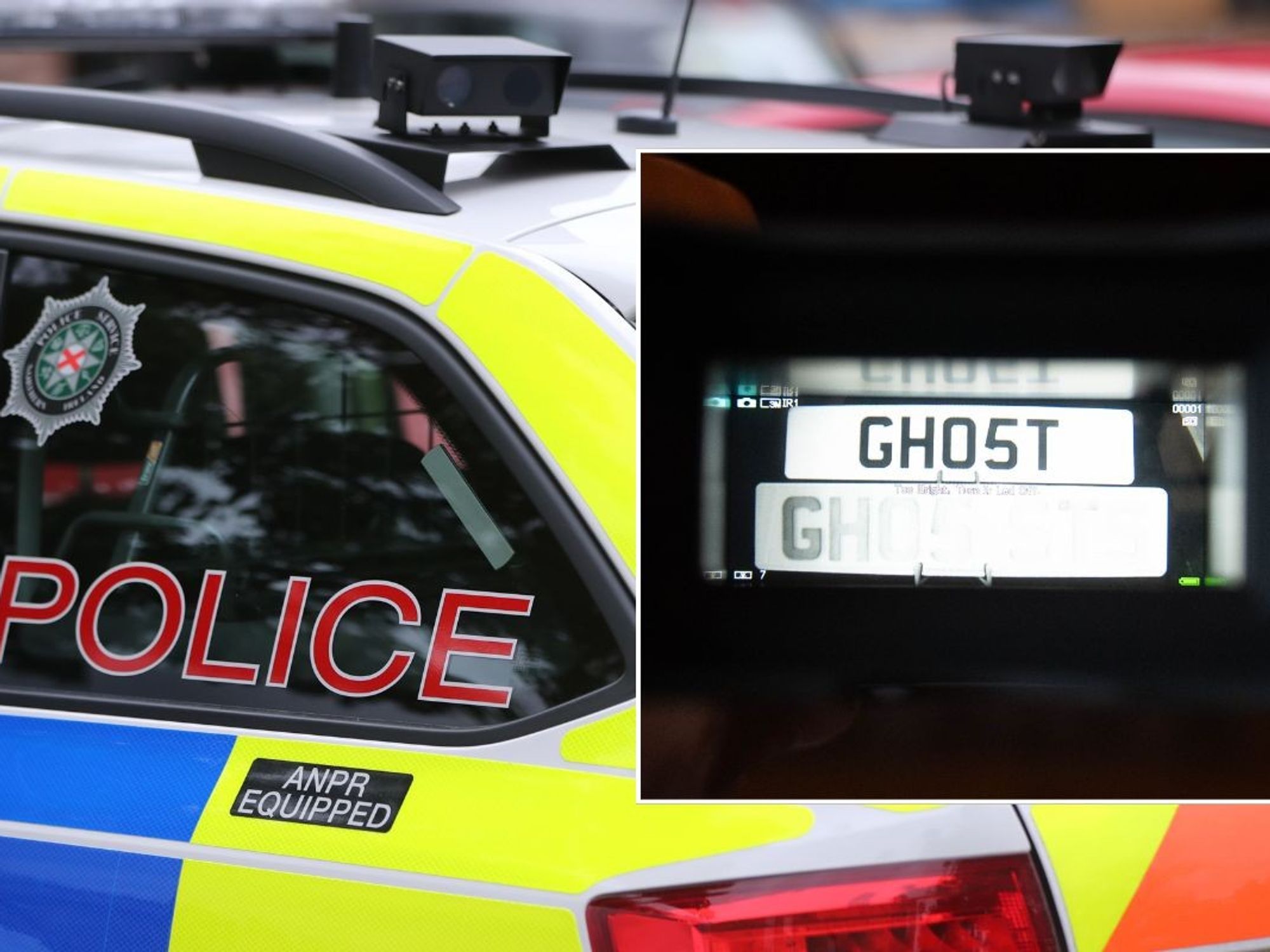Drivers who switch to electric cars could save £11,500 compared to petrol and diesel vehicles
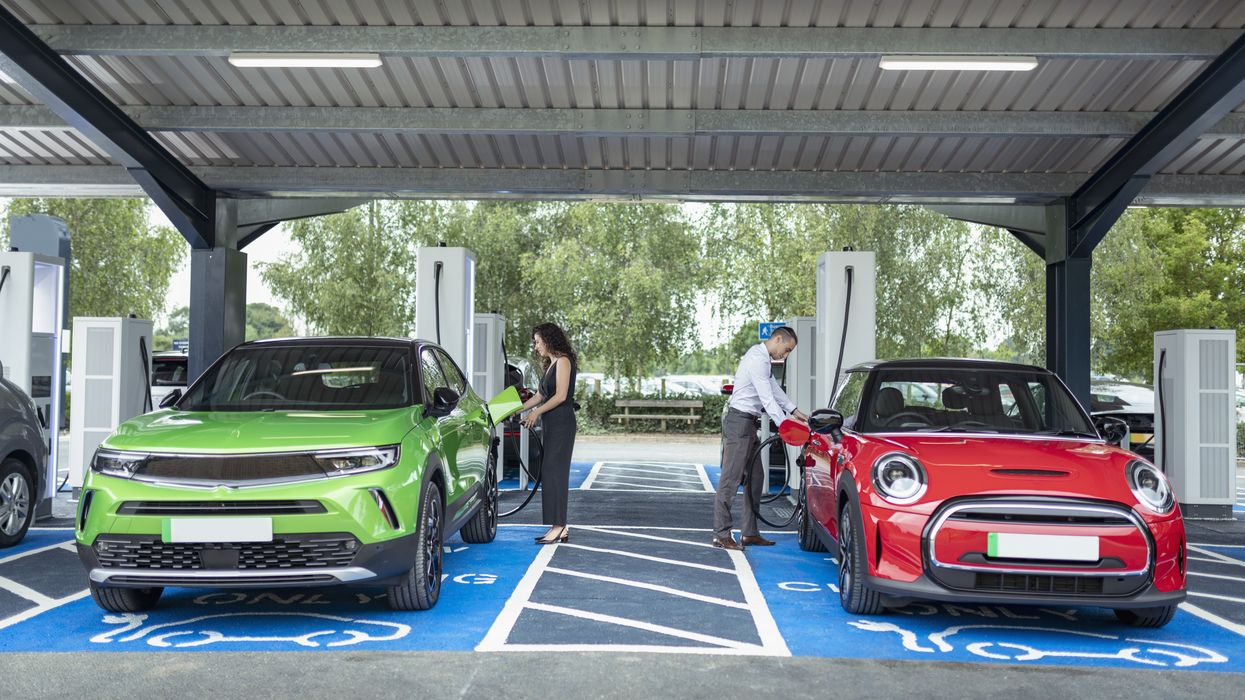
Electric car owners could save thousands of pounds by next decade
|GETTY

Research found that less than two-fifths of car buyers say they will buy an electric car by 2035
Don't Miss
Most Read
Britons who make the switch to an electric car could save over £11,500 by 2035 when compared to the running costs of petrol and diesel vehicles.
New research has shown that electric vehicle drivers who predominantly charge their car at home could save as much as £142 per 1,000 miles compared to internal combustion engine vehicles.
The average UK driver travels 127 miles a week and 6,640 miles a year, with this potentially leading to a £942 saving every year.
By the end of the decade, those who switch to an EV could save £6,835 and a staggering £11,539 by the end of 2035.
WATCH NOW: Labour on electric car plans
This also takes into account factors like rising energy prices, which may steadily increase with more people charging their vehicles over the next 12 years.
He said this was a necessary measure to help the EV charging network grow, let upfront costs fall and allow drivers to make the decision to switch, not the Government.
The average driver who uses both public and private charging can expect to save around £84 per 1,000 miles, totalling almost £6,700 by the middle of the next decade.
Despite this, Auto Trader research found that less than two-fifths of car buyers say they will buy an electric car by 2035.
Drivers still have a number of fears about the switch to an electric car, namely the number of public chargers around the country and range anxiety.
Erin Baker, editorial director at Auto Trader, highlighted how the Government U-turn prompted an increase in the number of drivers who said they would never buy an EV.
She stated how there were a number of short and long-term benefits when investing in electric cars, including running costs and avoiding the fluctuating price of petrol and diesel.
She added: “Consumers can also play an important role in helping to reduce emissions and improving air quality for all when using an electric vehicle.
“While the up-front costs can be a barrier for some when purchasing electric vehicles, finance and leasing deals can be a great way to get into ownership.
“There is also salary sacrifice schemes and benefit-in-kind tax breaks for those in companies that offer convenient ways to own an electric car – these schemes run up until 2025, so now is the perfect time for both businesses and drivers to look into and make use of.”
Data suggests that drivers would only need to charge their electric vehicle less than once a week to fit in with their normal motoring habits.
On average, drivers travel 127 miles a week in their cars, mostly to go shopping, visit friends or family and do the daily commute.
The majority of new electric vehicles will allow motorists to drive around 250 miles on a single charge, enough to cover more than a full week of standard driving.
LATEST DEVELOPMENTS:
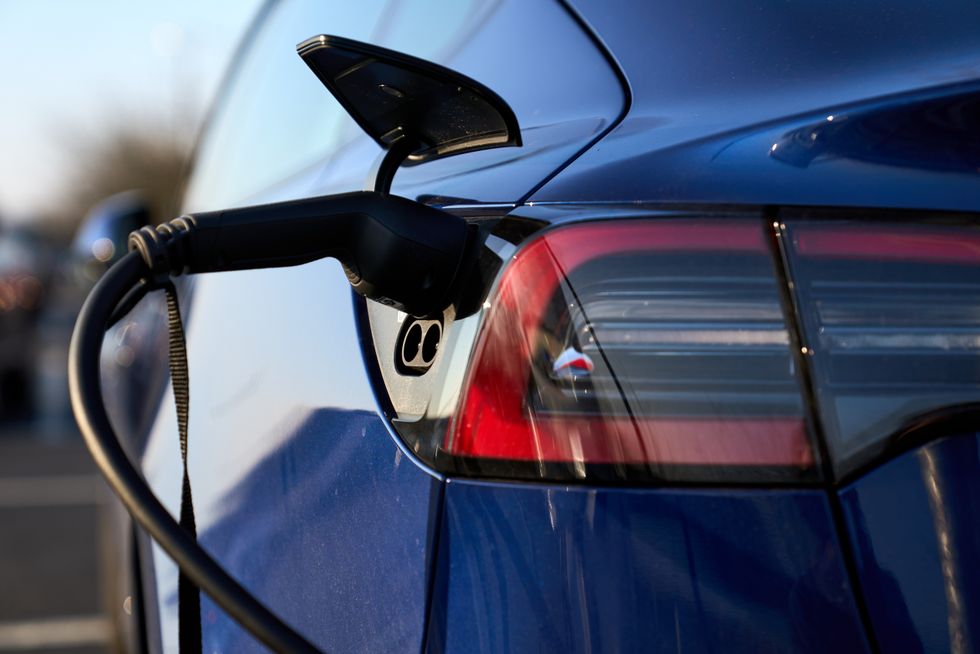
Only new zero emission vehicles will be on sale from 2035
|PA
Auto Trader has called on British motorists not to lose confidence in electric cars following the Government’s decision to delay the deadline for new ICE car sales.








